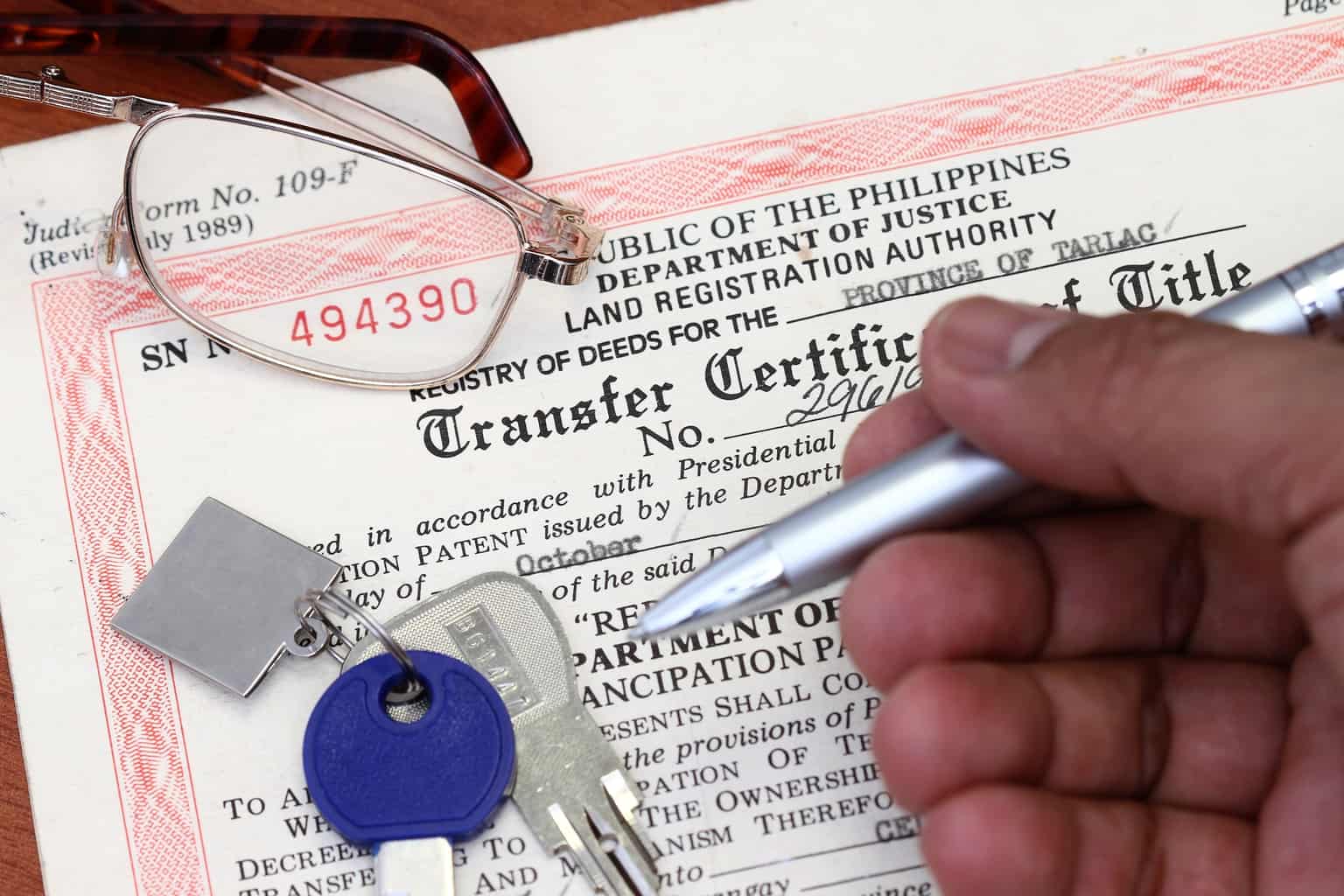
What Does a Title Company Do?
Home buying may bring you the excitement of something to call your own. It also takes many steps to protect you and any lender or mortgage company on which you rely for the purchase price. Title companies accomplish the tasks necessary to protect your ownership of the property and the mortgagor’s interest in your newly-acquired property from claims of others.
Checking the Title
Buyers and lenders are interested in the state of the title to learn what parties other than the seller may claim an interest in the property. To do this, title companies will conduct or commission a title search of the property. Depending upon the jurisdiction, a lawyer may be required for this work.
The title searcher examines the public land records and other sources for potential defects and claims. As a starting point, the seller may have already conveyed the property you are buying or that is to serve as collateral for the loan. The fact that no such adverse conveyance has taken place does not by itself render the title free and clear.
Other roadblocks to clear title include:
*Already existing mortgages against property
*Judgments that are indexed or docketed in the county where the land is located
*Unpaid taxes
*Easements or right-of-ways, including those which are apparent on the ground but not be recorded
*Liens claimed by those furnishing labor, material and improvements to the property
*Sanitation liens
Title searchers may find deed restrictions or covenants that limit the use of the property. Such encumbrances may not undo the deal if the buyer accepts the restrictions. Nevertheless, a buyer should have awareness of restrictive covenants or other limitations on the use of land before buying.
Multiple Owners
Title companies also encounter issues involving co-owners of property. Multiple ownership can arise either by the grantor’s intent or when one of the owners die. In particular, if the deceased owner did not leave a will, there may exist several potential heirs. These may include the spouse, children, parents or siblings of the decedent. Each heir must be checked for the presence of judgments or other liens that might prevent a conveyance of a totally clean title to the buyer.
Insuring Title
Even a thorough search may not catch all of the potential defects in the title. These may include heirs whose identity comes to light only after the purchase or loan has closed. The prior owner or others interested in the title might attack a conveyance on grounds of forgery, fraud, duress or lack of understanding of the legal consequences of deeding the property.
Title insurance covers harm that may arise from these and other unknown or undisclosed claims against the property. For the buyer, benefits may include the value of the property at the time the transaction was closed. A lender gets reimbursed up to the amount of the principal of the loan.
Closing the Transaction
Title companies offer closing services. You can think of a closing as the settlement of the transaction. The deed, mortgage, settlement forms and tax forms are signed. The settlement statement carries particular importance. It shows you how much money is received, from whom it is received and to whom it is paid. Closing costs, such as fees for the title search, appraisal by the lender, loan origination and the escrow account, also appear on the settlement statement.
To that end, the funds for the purchase do not automatically all go to the seller. Any outstanding mortgages, liens, judgments and other claims against the property must first be satisfied. In some cases, these liens, including those asserted by contractors or furnishers of materials, may be contested. In such cases, the owner may post some kind of bond to at least clear the property of these claims so that the sale may proceed. Alternatively, the title company may act as an escrow agent and hold the amount in dispute pending resolution of the controversy either in a legal proceeding will buy some agreement of the parties.
You want the title company to protect your interest and help you avoid title traps that come with buying a home. Contact us for guidance on the benefits of title companies and making sure the right one is involved with your transaction.

